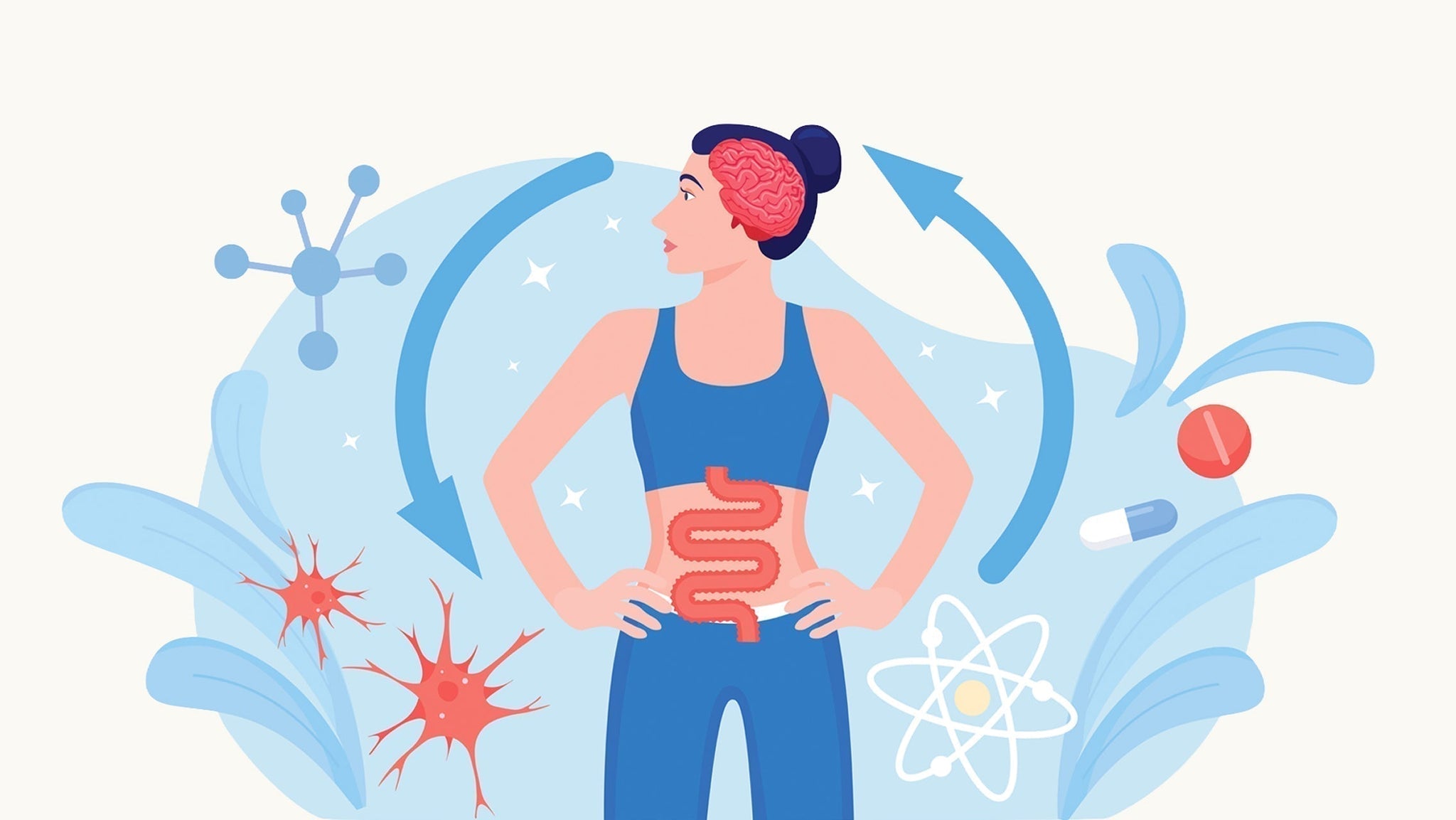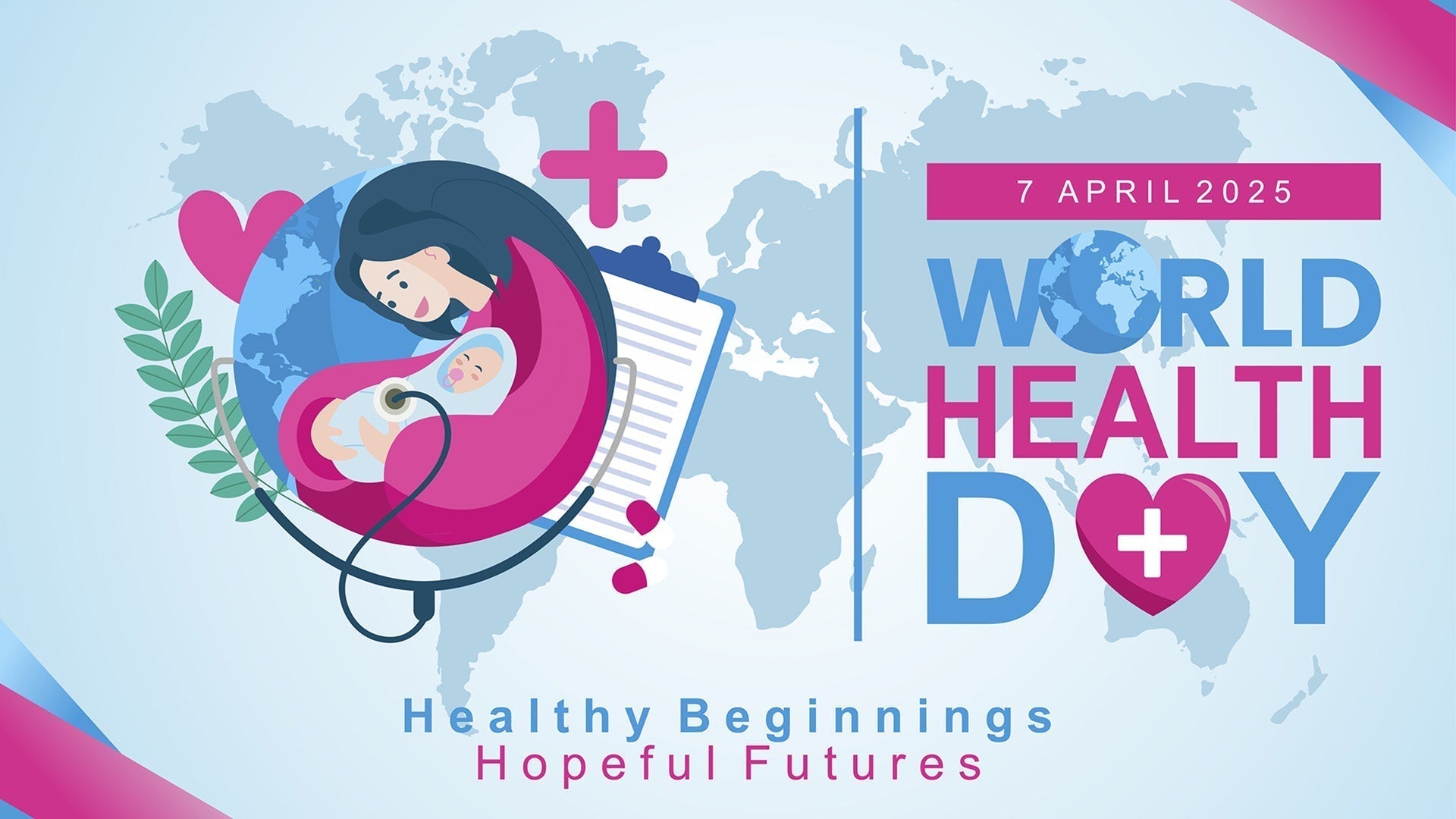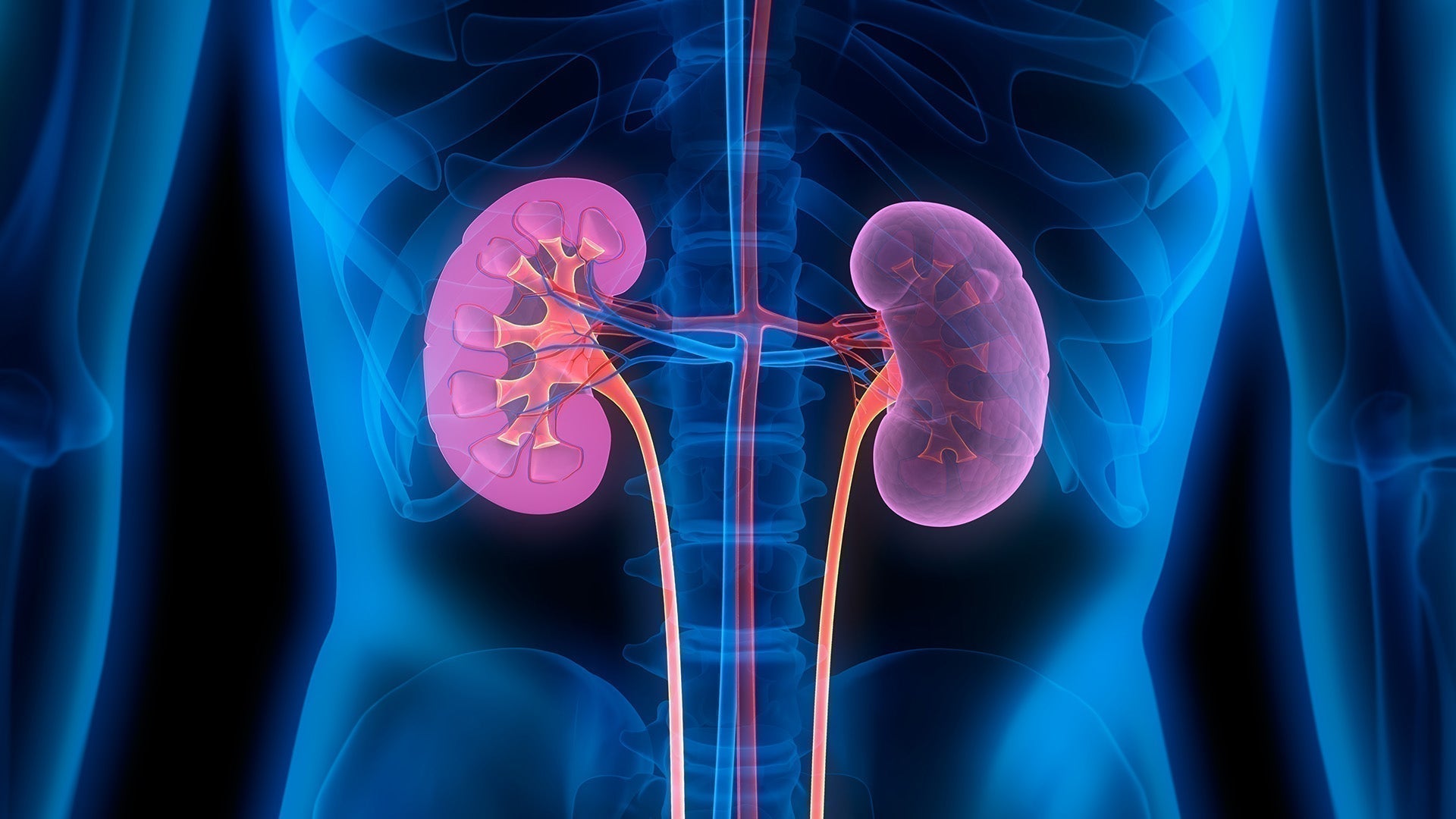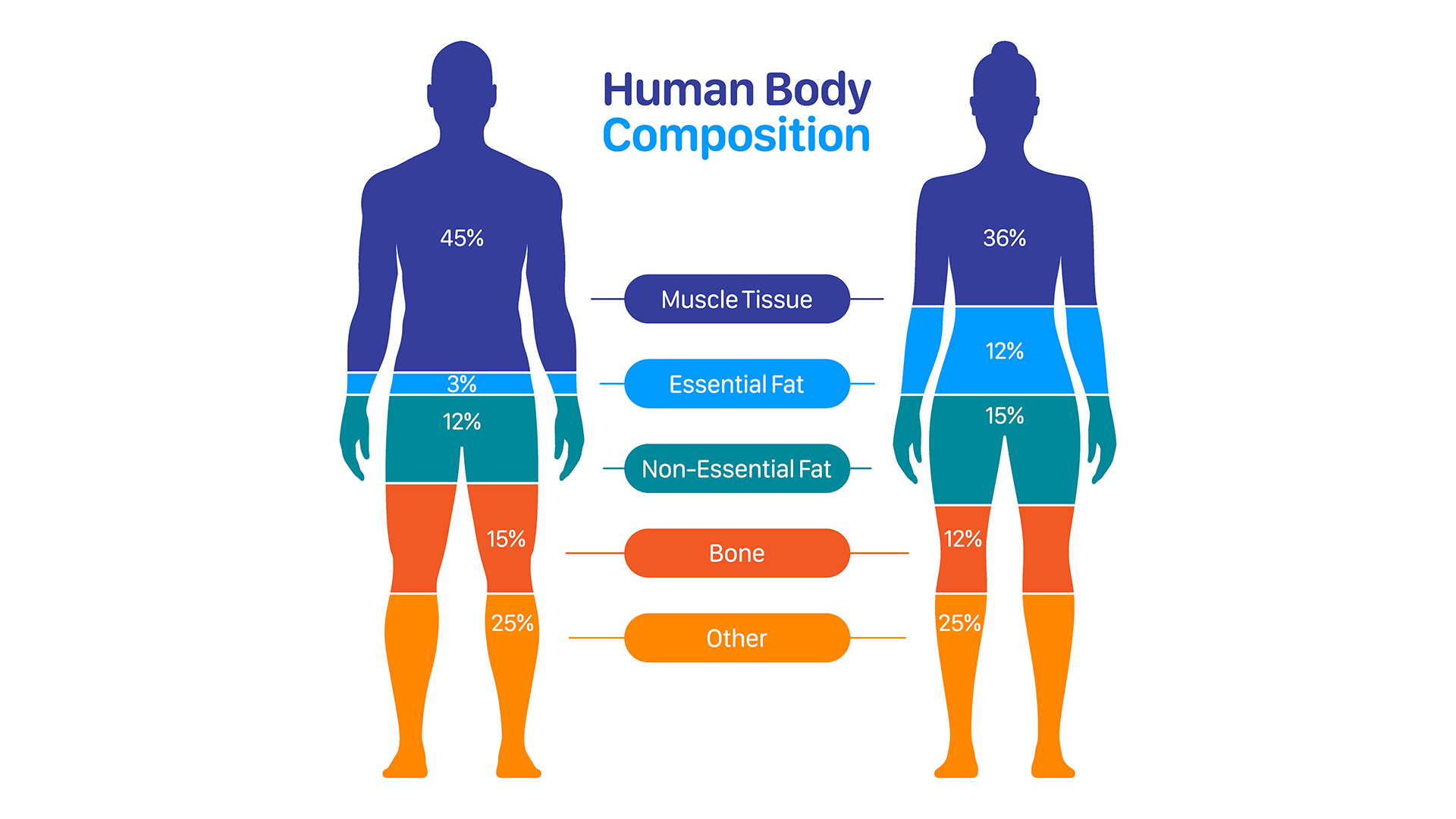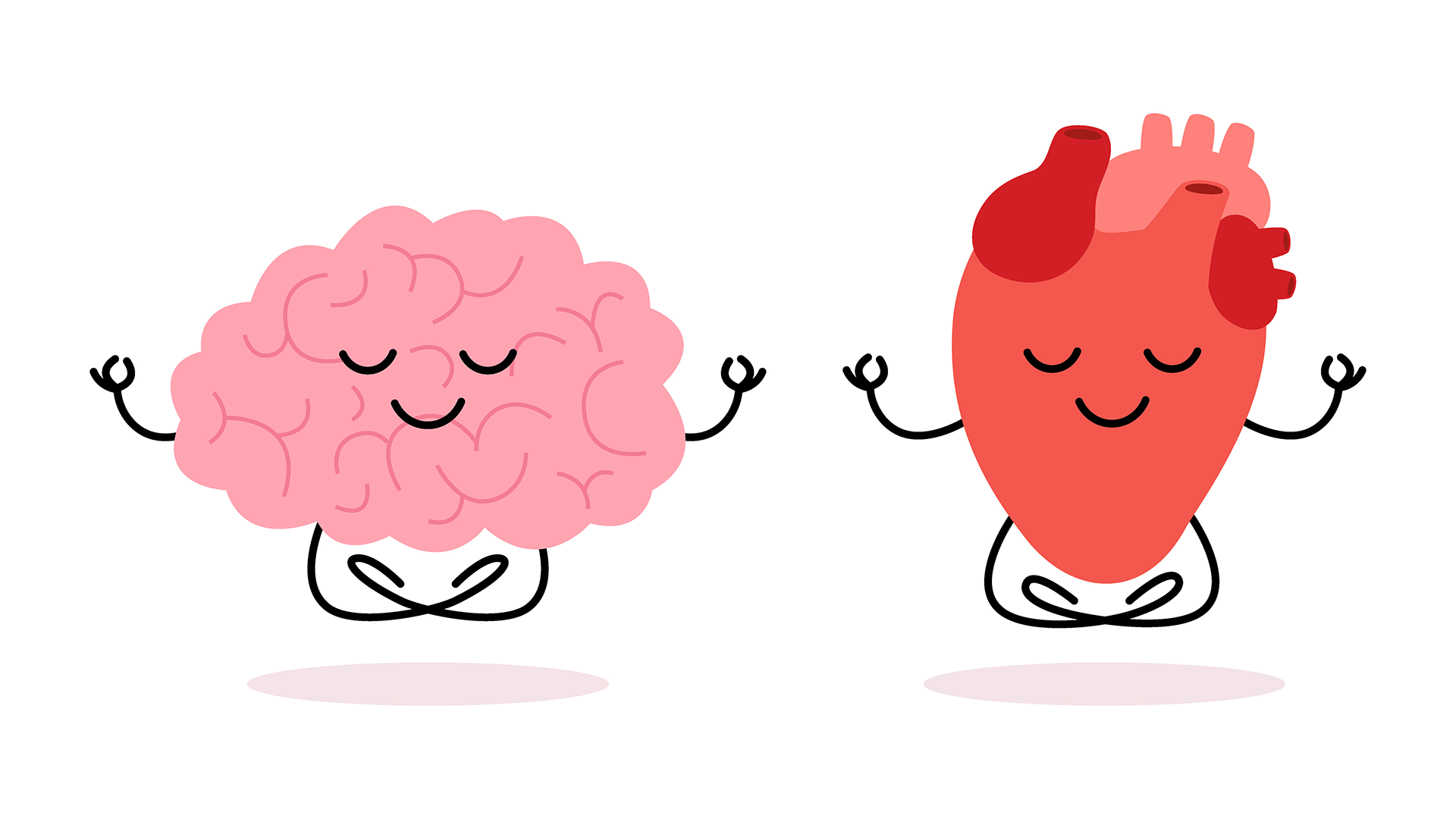Learn Your Way
to A Healthier Life
 When most people hear the word malnutrition, they think of not eating enough food. But the truth is, malnutrition comes in many forms, and it can affect anyone, at any age, and at any body size.
When most people hear the word malnutrition, they think of not eating enough food. But the truth is, malnutrition comes in many forms, and it can affect anyone, at any age, and at any body size.
It’s not just about how much you eat; it’s also about what you eat, how your body absorbs nutrients, and even how chronic conditions or medications impact your nutritional status.
What is Malnutrition?
Malnutrition happens when there’s an imbalance between what your body needs and what it actually gets. That imbalance can affect your energy, immunity, and overall health.
Malnutrition can happen in any body size and at any age. You can be undernourished — not getting enough calories, protein, or vitamins — or overnourished, which means you’re getting plenty of calories but still missing key nutrients and lacking the right balance your body needs to function well.
Other factors beyond food also play a role, including:
- Chronic health conditions like diabetes, heart disease, kidney disease, and cancer
- Medication side effects that reduce nutrient absorption
- Digestive issues such as celiac disease, Crohn’s disease, or irritable bowel syndrome
- Limited access to nutrient-rich foods due to food insecurity
Undernutrition
Undernutrition happens when your body isn’t getting enough of the nutrients it needs to work properly. This can affect your energy levels, muscle strength, immunity, and even how well your organs function. You don’t have to be severely underweight to be undernourished — even mild deficiencies can impact your health.
Macronutrient Undernutrition
The three big macronutrients: protein, carbohydrates, and fats, provide energy and are the building blocks your body relies on daily. Macronutrient malnutrition is common during periods of illness, recovery from surgery, or when appetite is low.
If you’re consistently not eating enough calories or protein, your body may:
- Break down muscle for energy, leading to muscle loss
- Weaken your immune system
- Slow down wound healing
- Leave you feeling fatigued and weak
Micronutrient Undernutrition
On the other hand, malnutrition can happen when you’re eating enough total calories and macronutrients, but you lack key micronutrients in vitamins and minerals. Micronutrient undernutrition can happen due to poor dietary variety, digestive issues, or medications that interfere with absorption.
Even if you’re eating enough calories, you can still be deficient in nutrients like:
- Iron deficiency → can cause fatigue, weakness, and anemia
- Low Vitamin D → supports bone health and immunity
- Vitamin B12 deficiency → affects energy, nerve health, and brain function
- Zinc deficiency → essential for healing and immune function
Overnutrition
Overnutrition happens when your body gets more nutrients or calories than it needs — but here’s the twist: you can consume plenty of food and still be malnourished if you’re missing the right balance of nutrients.
Macronutrient Overnutrition
Macronutrient overnutrition occurs when you regularly consume more calories, sugar, or unhealthy fats than your body can use. Even if your calorie intake is high, you can still lack key nutrients your body needs if your food choices are low quality.
Over time, this can lead to:
- Weight gain or obesity
- Insulin resistance and increased risk of type 2 diabetes
- Heart health issues from diets high in saturated fat and processed foods
Micronutrient Overnutrition
On the flip side, it’s possible to get too much of certain vitamins or minerals, especially from supplements or fortified foods. Some micronutrients are toxic at higher levels– or an excess of one can crowd out others that are just as important.
For example:
-
Excess vitamin A can cause headaches, dizziness, and liver issues
-
Too much iron can damage organs and increase oxidative stress
-
High doses of fat-soluble vitamins (A, D, E, and K) can build up in the body and cause toxicity
Signs of Malnutrition
Malnutrition is not always readily visible, but when symptoms do manifest, they can include:
-
Unexplained weight changes
-
Muscle loss or weakness
-
Brittle nails, thinning hair, or dry skin
-
Slow wound healing
-
Swelling in legs or ankles
-
Constant fatigue
-
Brain fog or poor concentration
-
Mood changes
-
Frequent illness
-
Digestive issues
-
Abnormal lab values
-
Blood sugar swings
How to Improve Malnutrition Symptoms
The good news? Malnutrition is often reversible once you identify the cause and make a few targeted changes. Whether you’re missing key nutrients, struggling with absorption, or simply not eating enough of the right foods, small steps like these can make a big difference in how you feel and function:
-
Get a nutrition assessment. Ask your healthcare provider or a registered dietitian to review your diet and order lab work if needed.
-
Prioritize nutrient-dense foods. Focus on lean proteins, colorful fruits and vegetables, whole grains, and healthy fats.
-
Address underlying conditions. Manage chronic illnesses or digestive issues that may affect nutrient absorption.
-
Be strategic with supplements. Use vitamins or minerals only when deficiencies are confirmed by labs.
-
Stay consistent with healthy habits. Include regular movement, hydration, and balanced meals to support overall health.
- Seek professional guidance. A registered dietitian can create a personalized plan tailored to your needs.
The Bottom Line
Malnutrition isn’t just about eating too little — it’s about not getting the right balance of nutrients your body needs to thrive. It can affect anyone, at any age, and in any body size. However, with the right habits, medical guidance, and support, malnutrition can be manageable and reversible.
If you’ve noticed signs of malnutrition or want to make sure you’re getting what your body needs, talk with your healthcare provider or a registered dietitian. A few small, intentional changes today can help you feel stronger, more energized, and better nourished tomorrow.
Additional References
-
Malnutrition. WHO. Accessed August 27, 2025.
-
Saunders J, Smith T. Malnutrition: causes and consequences. Clin Med (Lond). 2010 Dec;10(6):624-7.
-
Uhl S, Siddique SM, McKeever L, et al. Malnutrition in Hospitalized Adults: A Systematic Review. Rockville (MD): Agency for Healthcare Research and Quality (US)
-
Kobylińska M, Antosik K, Decyk A, Kurowska K. Malnutrition in Obesity: Is It Possible? Obes Facts. 2022;15(1):19-25.
-
Bradley M, Melchor J, Carr R, Karjoo S. Obesity and malnutrition in children and adults: A clinical review. Obes Pillars. 2023 Sep 7;8:100087.
Sign Up For More From iHealth
Receive the Latest News and Special Offers

















